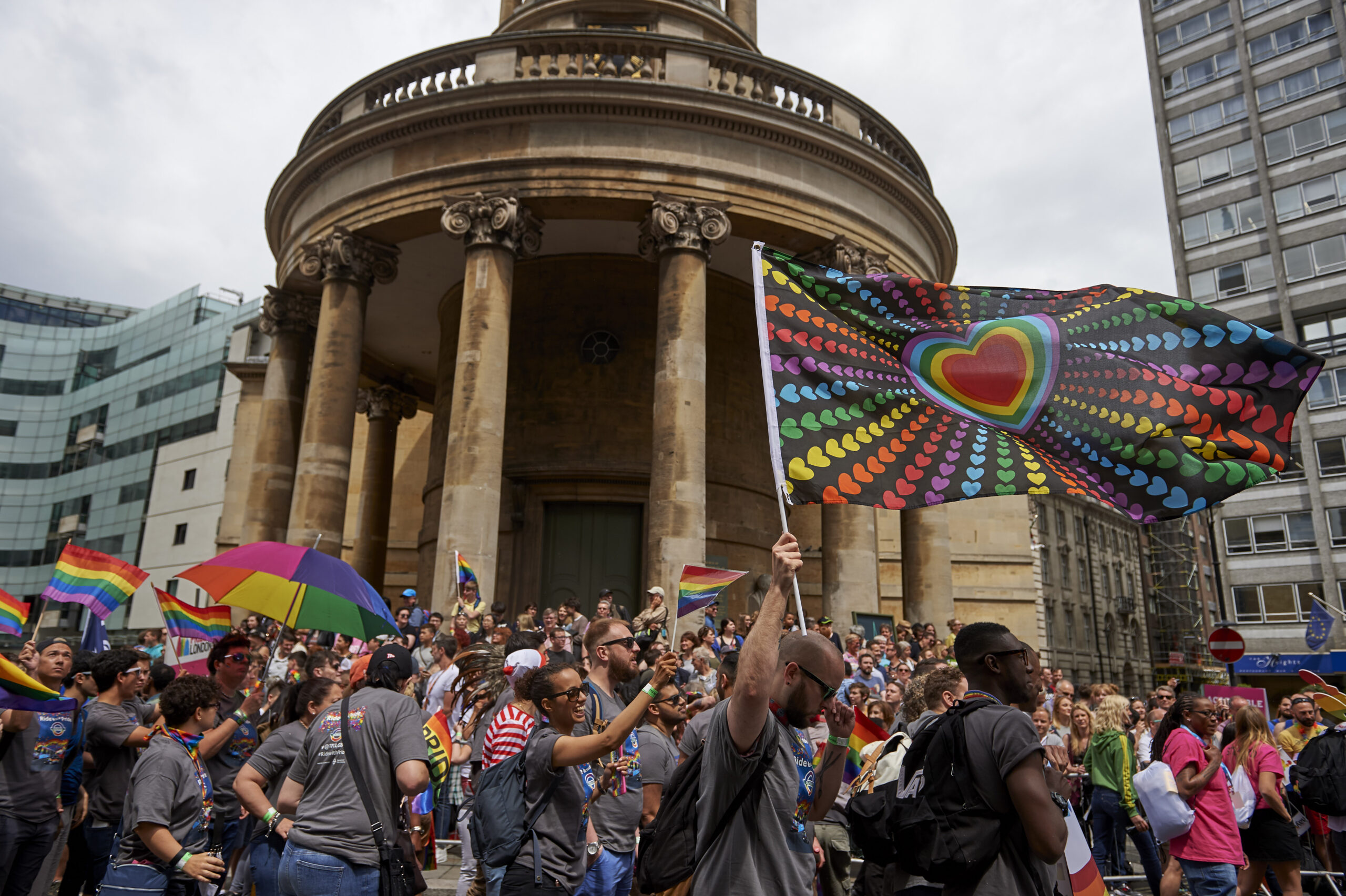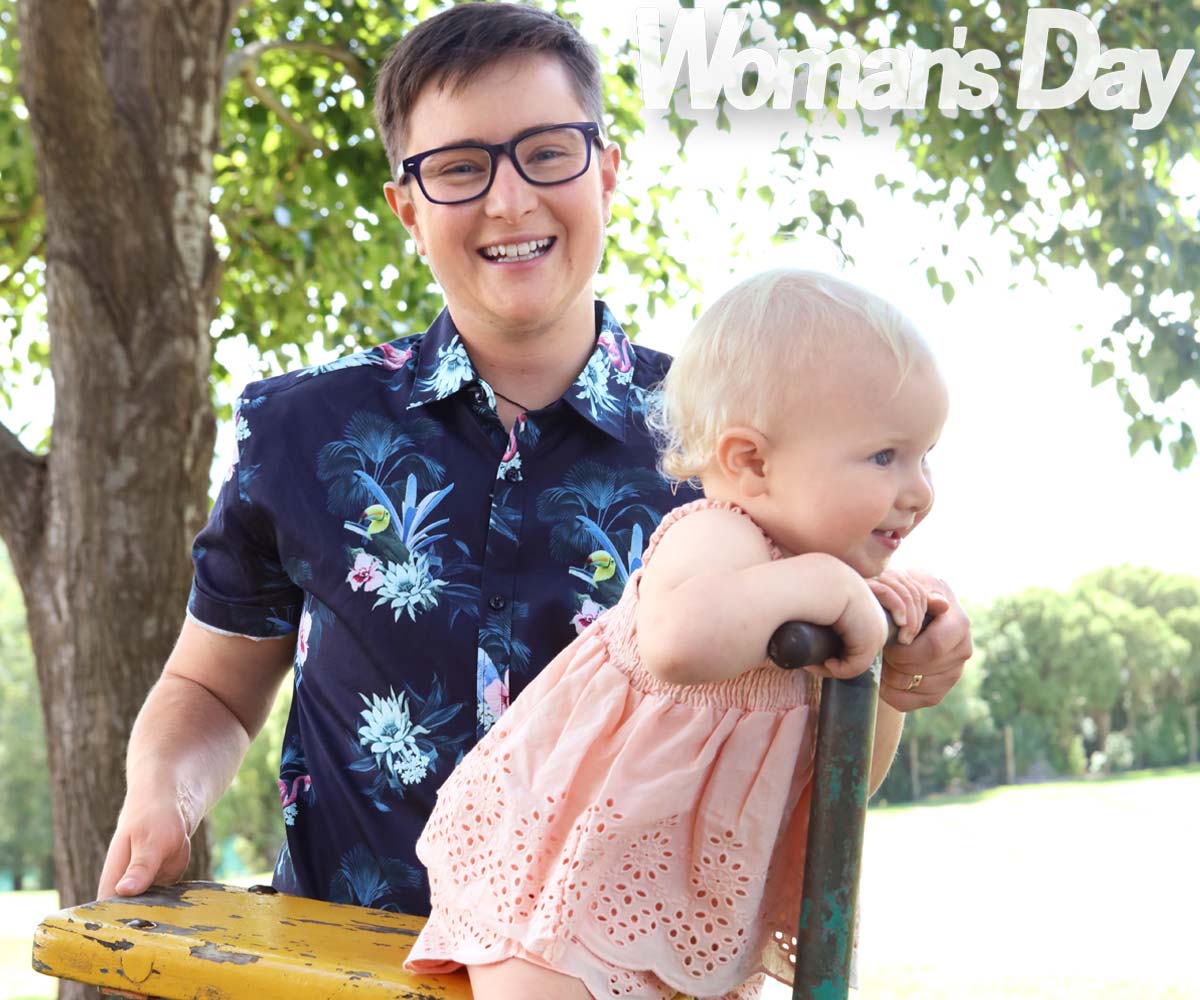When Shaneel Lal heard the news Parliament had passed a bill to end controversial conversion therapy in Aotearoa last month, not even a callous death threat could dampen the mood of the Auckland LGBT rights activist. While Shaneel and thousands of others were celebrating the milestone, someone wrote a note telling Shaneel to end their life, before leaving it on the political commentator’s doorstep.
Although Shaneel, who uses the pronoun they, bravely burnt the note and returned to celebrating, it wasn’t the first time the law and psychology student has battled adversity for being born queer and transgender.
As a child growing up in Fiji, the 22-year-old was separated from other boys at school because elders believed the youngster’s queerness could spread like a virus. The girls were also kept at arm’s length in case being around them made Shaneel queerer, and the primary schooler was made to wear an enchanted bracelet by church leaders, who believed it would repel evil spirits. Many times, people in leadership positions attempted to pray away Shaneel’s uniqueness.
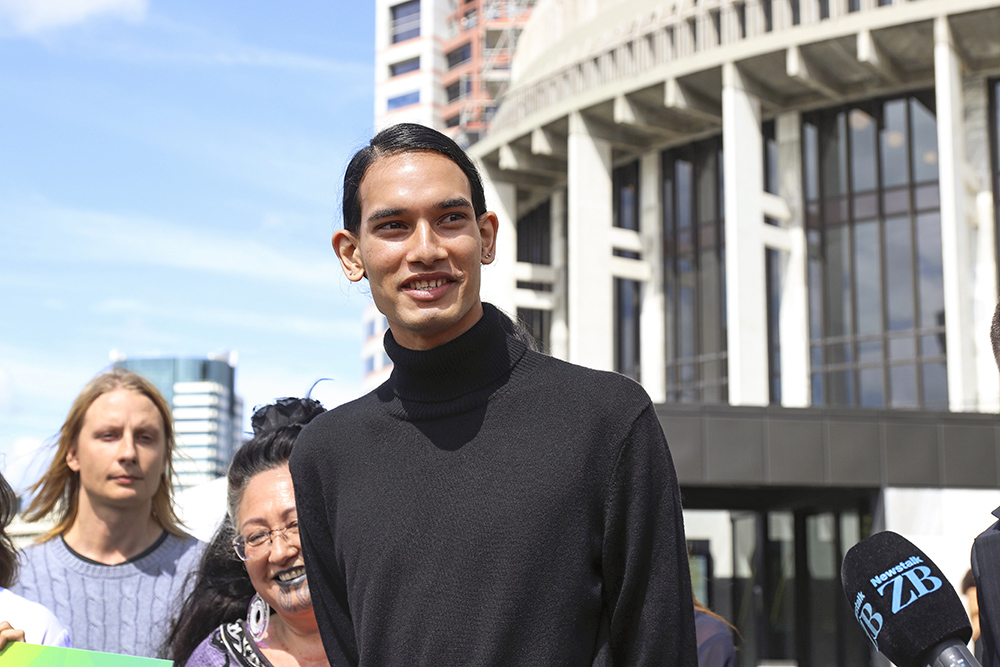
The fashion lover was selected as a Youth MP aged 18.
“I joke that on the 22nd of January 2000, my doctor delivered a gay mistake – me. But I’m a huge fan of Lady Gaga, so I like to think of my birth as the remake of A Star is Born,” laughs Shaneel, who was the catalyst behind the Conversion Practices Prohibition Legislation Bill that passed on February 15. “I practically came out of my mother with a pride flag in one hand and yelling, ‘Freedom!'”
Shaneel has worked tirelessly over the years as an advocate for the rights of queer and transgender people living in New Zealand, particularly those from Pacific and South-Asian families, including founding the End Conversion Therapy NZ campaign. Conversion therapy – which includes tactics such as exorcisms – attempts to change a person’s sexual orientation or gender identity using psychological, physical or spiritual interventions.
While eight National MPs opposed the bill, which made conversion therapy a criminal offence as of February 19, 112 MPs from National, the Labour Party, Act, Green Party and Te Pāti Māori voted for banning the practice.
Shaneel’s mission to end conversion therapy started at 18, when they were selected as a youth MP for Jenny Salesa, then-MP for Manukau East, and was given an opportunity to speak at Parliament.
Shaneel delivered a moving three-minute speech on the topic, which sparked media attention and has since amassed the social media sensation almost 60,000 followers on Instagram (@shaneellall).
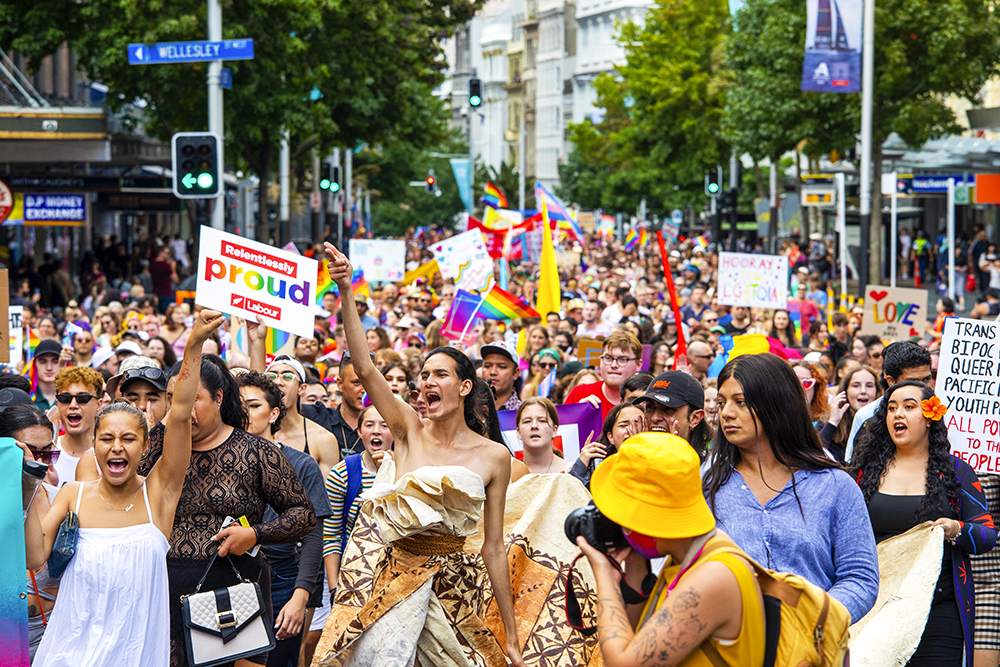
Shaneel leads the way at the Auckland Pride March in 2021.
“Friends in New Zealand who experienced conversion therapy have told me stories about aversion therapy, where the church or community leader tells you to inflict pain on yourself every time you feel or think queerly,” Shaneel shares.
“That can include having a rubber band in your finger and snapping yourself with it any time you think of something homosexual or transgender. The aim of the practice is to associate your queerness with pain.”
While home is a safe and welcoming place for Shaneel, queer and trans topics aren’t discussed among the fashion lover’s family. The model says it’s common in Pacific and South-Asian families to avoid discussing it at all.
“The terms homosexual, transgender, lesbian or gay are taboo and weren’t a part of our vocabulary in the islands,” explains Shaneel, who was 17 when they influenced Parliament to introduce non-binary identifying options on forms for students in education.
“But I grew up very feminine and so there was absolutely no way I could hide my queerness.”
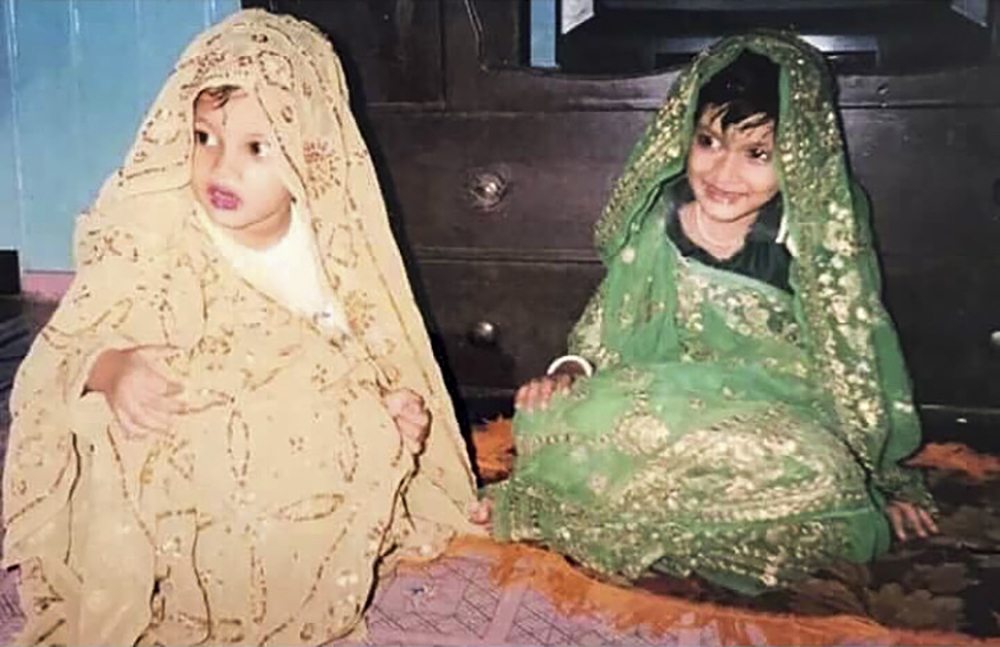
‘I grew up very feminine, so there was no way I could hide my queerness’
Shaneel – who migrated to South Auckland with their family at 14 – learnt from a very early age that if anyone was openly queer in Fiji, their family had no validity in society. Often, on the bus home from school, Shaneel saw a local trans woman being spat at and abused.
“My grandparents were very well-respected in the community because they were the elders and the people who led the prayer at our temple,” Shaneel tells. “My grandparents started to lose respect because of it and people from outside my family tried to pray my queerness away.”
For Shaneel, who received the 2020 Impact Award for Inclusion, the banning of conversion therapy is a step in the right direction for bettering the rights of queer and trans people.
“Every story of conversion therapy ends with the victim questioning whether it’s still worth living and we’re lucky some people choose to stay, but many don’t,” says Shaneel, who admits the campaign has taken over their life the past few years, and there’s still more work to do.
“Queer people who came before me fought to make the world a better place and now I fight to make it a better place for the generations of queer people after me. I’m committed.”
Where to get help
RainbowYOUTH – ry.org.nz
OutLine NZ – outline.org.nz
Youthline – youthline.co.nz or 0800 376 633
Lifeline – 0800 LIFELINE
.jpg)
